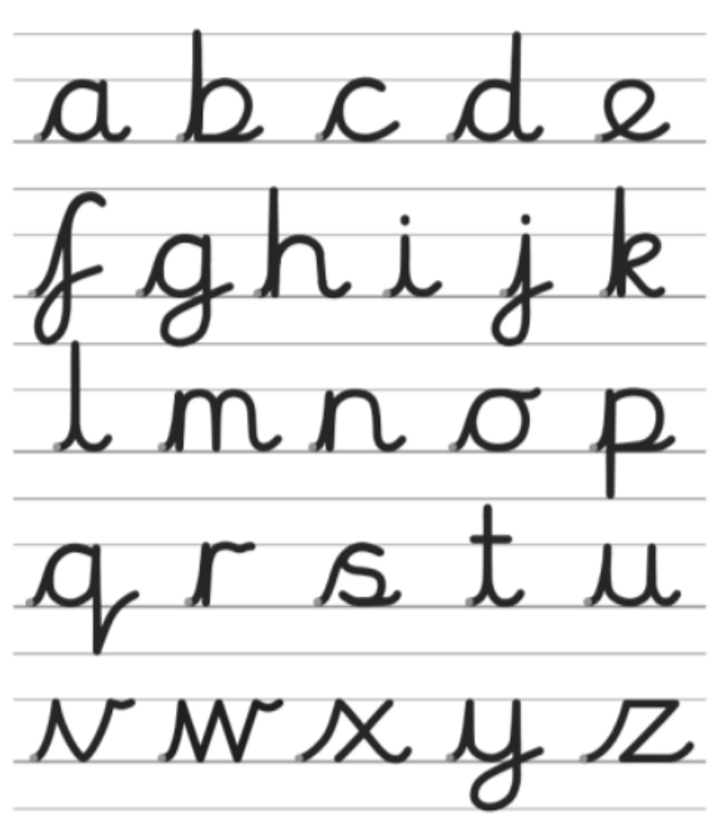Please see our Curriuclum Page for progression and overview documents, which gives you an insight into what we teach and focus on in all elements of the English Curriculum.
If you are looking for direct focused lessons for English, Oak Academy is an excellent resource. Follow this link: All subjects - Key Stage 2 - Oak National Academy (thenational.academy)
"The more that you read, the more things you will know. The more you learn, the more places you'll go."
— Dr. Seuss, "I Can Read With My Eyes Shut!"
Reading is one area that parents can really help their children. Reading is a skill that unlocks many doors in children's learning.
"Reading aloud with children is known to be the single most important activity for building the knowledge and skills they will eventually require for learning to read."
— Marilyn Jager Adams
We use the bug club reading scheme at Branston Junior Academy.

Children in year 3/4 will all be reading from the scheme- they will be assesed by their teacher and given an appropriate colour from the scheme.
Children in year 5/6 may be reading from the scheme- however many will be considered "free readers" in which children will be allowed to choose their own books from our wide range of free reading books, or may choose to read their own books from home.
We expect children who are reading from the scheme to have 3 entries in their reading record of them reading from their scheme books- as these books are matched to their needs. Free readers are aso expected to have three entries in their reading book but this could be any form of text.
Layout of reading record (in planner)
Date-Book title and page numbers- brief comment
Please Note: Some children may be sent home with Read, Write, Inc Bookbag books if they are still working on developing their phonetic awareness and understanding.
One way in which children get better at reading is through lots of practice. By hearing children read at home, you can help them practise and improve. As you get more experienced, you will find more ways of helping children with their reading. But the main thing you will be doing is giving them more opportunity to practise by reading aloud to an adult.
Some Suggestions:-
When children are assessed in their reading at school, we don't always just listen to children read and see how fluent they are. It is a lot more about how a child understands and interprets what they are reading that will be assessed.
Here's a great resource with questions you can ask your child about their reading.

Spelling:
Phonics (the learning of the ‘sound’ of letters and letter combinations) is the basis of spelling. Recognising, using and blending sounds and learning sight words is vital to children’s rapid spelling skills. Next comes learning spelling ‘rules’ (e.g. ‘i before e except after c’). If your child finds spelling difficult, consider whether s/he needs to continue to work on his phonic skills. It does not necessarily mean that your child has a specific learning difficulty (such as Dyslexia).
How can I help my child with spelling?
Support your child by discussing their weekly spellings- in yr3/4 these lists will be sent home at the start of term. In yr5/6 children will write the spellings in their planner.
Additional Spelling Lists:
Handwriting:
How can I help my child with handwriting?
Prompt and encourage him/her to use the correct style when writing at home. Do some extra handwriting practice; you’ll be amazed how quickly your child’s handwriting and speed improves. (NB research has shown that by the age of seven, children have great difficulty changing the way they write and ’bad habits’ become engrained. Certainly by Year 5 and 6, pupils who join our school will find it extremely difficult to change their style. It is probably too late for them to learn a new model.)
Below is an image to illustrate how we enourage children to form letters:

Punctuation:
Punctuation is crucial in encouraging children to improve the standing of their written work. Below is a visual guidance of what is expected of children across the year groups:

How can I help my child with punctuation?
After your child has produced their written homework, ask them to proof read their work to check whether they have used punctuation accurately. After they have done this, have a look at the piece yourself - is there any punctuation missing?
How do we teach writing in school?
We teach children a range of both fiction and non-fiction genres during their time at BJA. We are using Talk4Writing techniques to support childrne in developing their writing. We use a "journey of writing" to encourage children to achieve their very:
Journey of Writing:
Exploring and reading examples of that genre- both completed by past pupils and professional writers
Looking at key skills linked with that genre
Being inspired to write (image, film clip, activity etc)
Planning
Drafting
Re-drafting
Writing up in neat
Evaluating